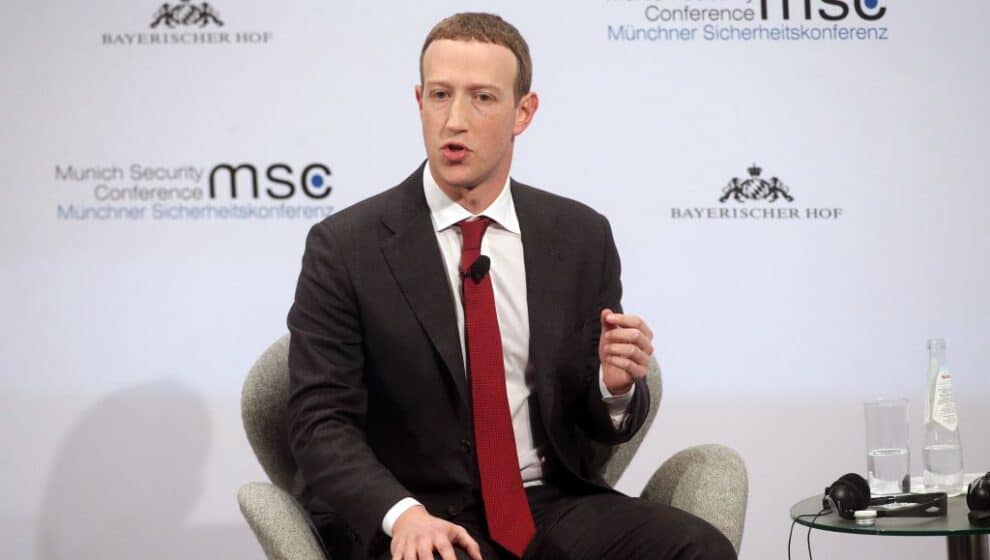Mark Zuckerberg is taking a big risk as he is betting the 18-year-old Meta Platforms (Facebook) on the metaverse.
Key Details
- Last October, Facebook CEO Mark Zuckerberg announced the company would change its name to Meta Platforms and be a “metaverse company.”
- The idea of the metaverse focused around a virtual reality society where everyone would socialize and meet virtually.
- Meta has spent billions on making Zuckerberg’s dream of the metaverse a reality, but it hasn’t been as easy as he originally thought.
Why it’s news
It has been a year since Mark Zuckerberg announced his big plans for the metaverse.
His ideas were focused on the idea that Facebook (now Meta Platforms) would be one step ahead of the competition by creating this virtual reality world first and that customers would flock to the futuristic world—but that hasn’t been the case.
Meta’s first step into virtual reality was its game Horizon Worlds. The company had high hopes for the game, but it was full of bugs and was not popular among the targeted audience. Due to the problems with the game the company has put it on a “quality lockdown” for the rest of the year as it tries to fix the problems.
Some company employees have complained about Meta’s practices saying that things change based on Zuckerberg’s thoughts and not a strategic plan.
Popular social media app TikTok has taken away a lot of users from Meta’s top platforms Facebook and Instagram so the company was hoping the metaverse would put it back on top.
The company’s stock price has tumbled nearly 60% in the past year—a reflection not just of broader market turbulence, but of some investors’ skepticism that the metaverse will be highly lucrative anytime soon, according to Wall Street Journal writers Ryan Mac, Sheera Frenkel, and Kevin Roose.
Last month, Meta announced that it will be slowing hiring and warned employees of future layoffs as it continues to face more problems.
Some investors think the metaverse isn’t affecting the business as a whole.
“The pressures Meta’s business is facing in 2022 are acute, significant and not metaverse-related,” said]investor and metaverse expert Matthew Ball. “And there is a risk that almost everything Mark has outlined about the metaverse is right, except the timing is farther out than he imagined.”
Ball suggests that the concept of the Metaverse as a whole is ahead of its time and will eventually be fruitful, Zuckerberg just has some time to wait and bugs to fix before that will happen.

